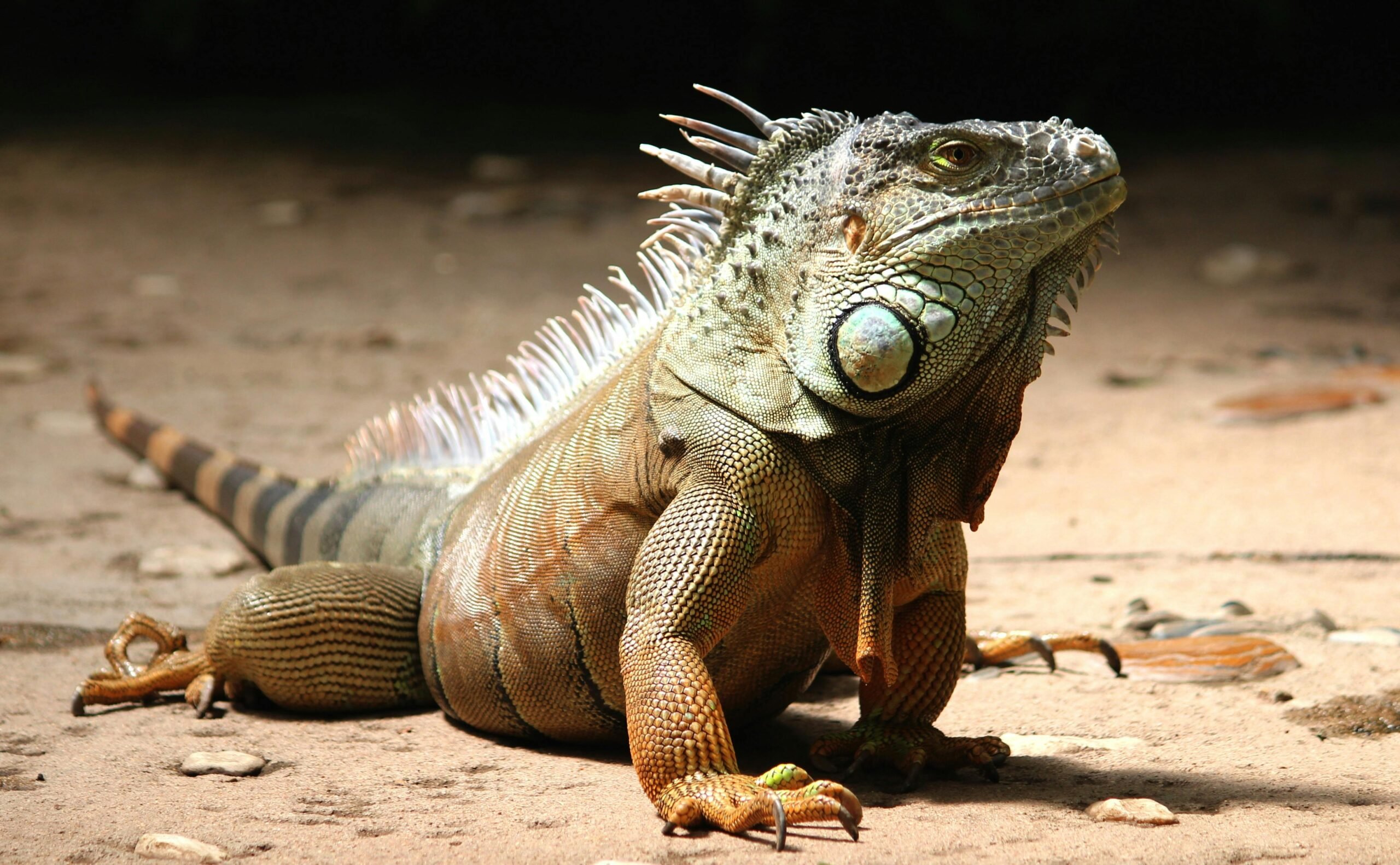Officials launch a federal criminal probe after a video shows live iguanas, foxes and snakes beaten in clay-pot piñatas during a traditional festival in Campeche . . .

Officials launch a federal criminal probe after a video shows live iguanas, foxes and snakes beaten in clay-pot piñatas during a traditional festival in Campeche . . .
